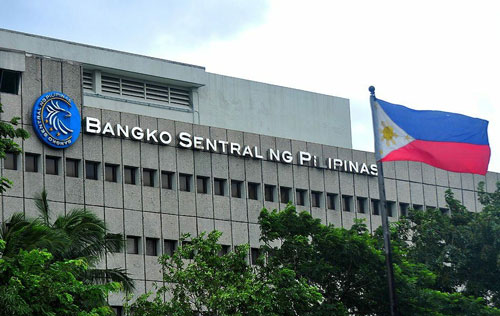Manila
The Bangko Sentral ng Pilipinas (BSP) has issued the guidelines on the management of liquidity risk by Islamic banks and Islamic banking units (IBUs) to attract investments and consumer interests in Islamic banking and finance.
The Monetary Board approved Circular No. 1116, which the BSP said is based on the existing liquidity risk management framework followed by conventional banks, plus additional provisions for the “specificities” of Islamic banking.
“The aim is to create an enabling environment that will allow Islamic banks to operate alongside the conventional banks under the same regulatory approach, taking into consideration the unique features of Islamic financial activities/transactions,” the BSP said in a statement.
The newly-issued guidelines put emphasis on the Shari’ah compliance in liquidity risk management. This also includes the choice of instruments/tools to mitigate liquidity risk.
“It also provides guidance on the treatment of Islamic banking accounts such as profit and loss sharing investment accounts,” said the BSP. The circular has a provision for an observation period which is until December 31, 2024.
The BSP said this should be enough time for for Islamic banks and IBUs to “familiarize and strategize on the choice of liquidity tools to mitigate risks arising from their business activities.”
During this period, Islamic banks and IBUs will have to submit quarterly reports to the BSP while “continuous dialogue/discussion with industry players shall be held to assess their readiness for the implementation of the (BSP) Circular by January 1, 2025.”
In applying liquidity risk management, the BSP wants Islamic banks and IBUs to apply Shari’ah-compliant instruments and to not assume that these are identical to those of conventional banks.
Shari’ah, which defines a set of rules and the lslamic financial system, refers to the practical divine law deduced from its legitimate sources such as the Qur’an, Sunnah, consensus of Muslim scholars, analogical sources of lslamic law.
An IBU however, in applying liquidity standards and the liquidity coverage ratio or LCR need not have a separate one as part of a report, unless Islamic banking is a major part or activity of the bank.
Islamic banking is considered a “significant activity” of the bank if the aggregate liabilities of the IBU represents at least five percent of the bank’s total liabilities as of measurement date, the BSP said.—Manila Bulletin










